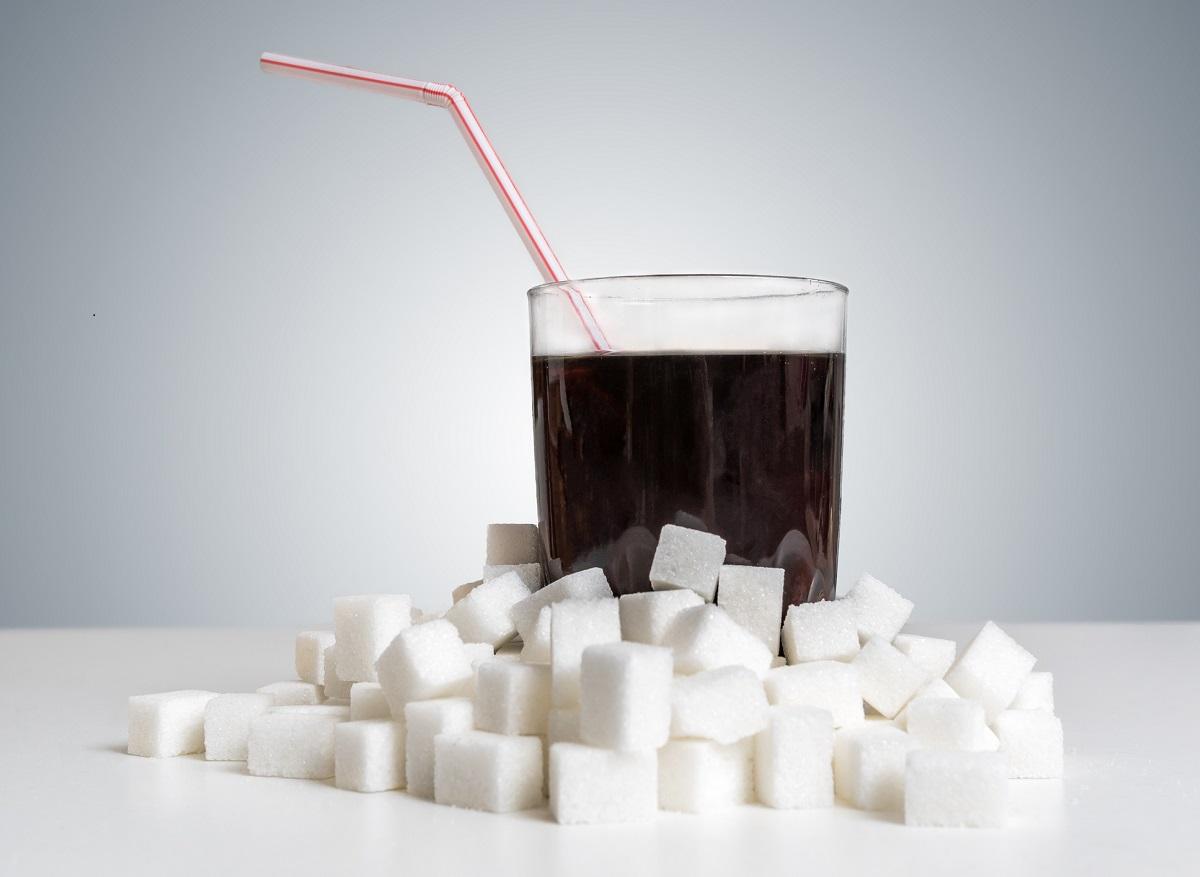According to a study from the University of Berkeley in California (United States) published in the journal Plos One, the introduction of the soda tax in 2014 seems to be bearing fruit.
The city of Berkeley was the first to adopt this tax, the primary objective of which was to reduce the consumption of sugary drinks and therefore to have an impact on obesity and type 2 diabetes.
The researchers found that a year after the introduction of this tax, the sale of sugary drinks had decreased by 10% and that of mineral water increased by about 16%. Sales of unsweetened tea, milk and fruit juices also increased.
Extend the tax to low-income cities
“We are very surprised with the results of this study because Berkeley is not the poorest city in the United States. So we did not think that introducing an additional tax would have such a deterrent effect.” says Dr. Barry Popkin, lead author of the study. The scientist therefore believes that this tax would have an even greater effect in low-income cities. “In Mexico, which adopted a similar tax in 2014, the consumption of sugary drinks immediately fell by 17%,” he said.
However, it is still too early to say whether taxes on soda are translating into better public health. According to the study’s authors, it may take a few years before any effect on diabetes or obesity rates is noticeable.
Read also :
2 cans of diet soda per day doubles the risk of diabetes
The sugar content of sodas varies by country
















